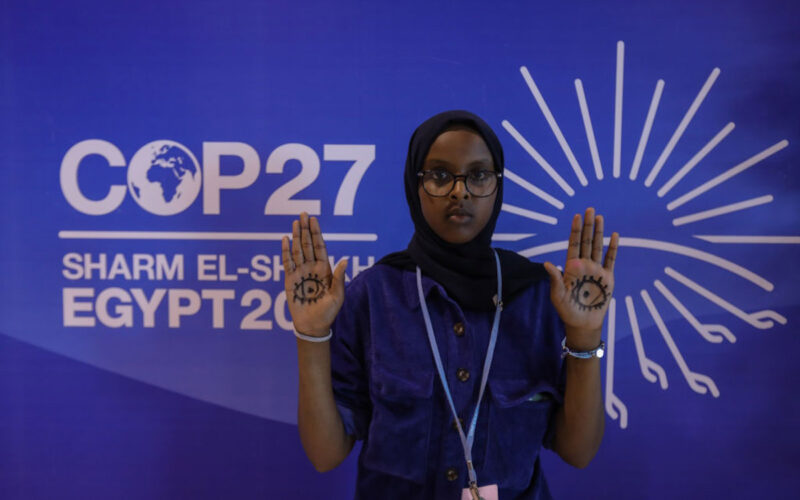
COP27 key outcomes: progress on compensation for developing countries, but more needed on climate justice and equity
THERE were high expectations for COP27, the 27th Conference of the Parties to the UN Framework Convention on Climate Change. COP conferences broadly provide a platform for the negotiation of international climate change agreements. This was to be the first COP held in Africa since 2016. It was also framed as the implementation of COP, which would lead to action. Authors IMRAAN VALODIA, Pro Vice-Chancellor: Climate, Sustainability and Inequality and Director Southern Centre for Inequality Studies, University of the Witwatersrand JULIA TAYLOR, Researcher: Climate and Inequality, University of the Witwatersrand COP27 was expected to make progress on “loss and damage”.…


